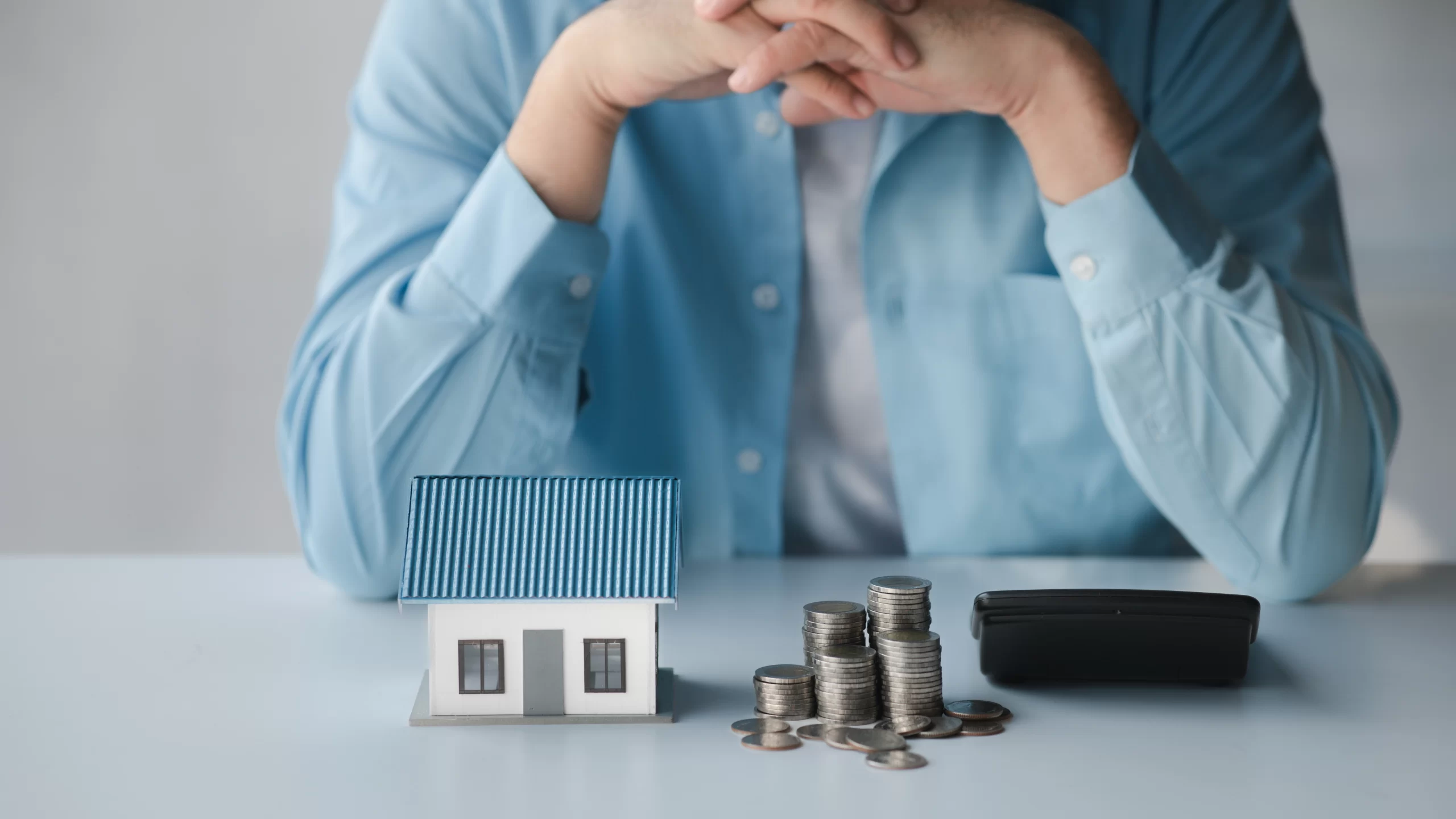Owning a home is a significant milestone, but the burden of a mortgage can often feel overwhelming. The good news is that there are effective strategies to pay off your mortgage faster, helping you achieve financial freedom sooner than you might have thought possible. In this article, we’ll explore the reasons why someone may want or need to pay off their mortgage early and provide practical tips to help you achieve this goal.
Why should may consider paying off your mortgage early?
- Interest Savings: One of the most compelling reasons to pay off your mortgage early is the substantial amount of money you can save on interest payments. Mortgages often come with lengthy repayment terms, resulting in significant interest payments over the life of the loan. By paying off your mortgage faster, you can cut down on these interest costs and redirect that money toward other financial goals.
- Financial Freedom: Paying off your mortgage faster translates to greater financial freedom. Without the burden of monthly mortgage payments, you gain flexibility in your budget, allowing you to redirect funds toward investments, travel, education, or other personal goals. This newfound flexibility can significantly improve your overall financial well-being.
- Peace of Mind: Imagine the peace of mind that comes with knowing you own your home outright. Knowing that your home is entirely yours provides a sense of security and reduces financial stress. It also shields you from the uncertainties of interest rate fluctuations, ensuring your housing costs remain predictable.
Strategies to Pay Off Your Mortgage Early
Increase Your Payment Frequency
One of the simplest and most effective ways to pay off your mortgage faster is by increasing your payment frequency. Instead of making monthly payments, consider switching to bi-weekly or weekly payments. By doing so, you’ll end up making more payments in a year, which can significantly reduce the overall interest you pay over the life of your mortgage.
For example, if your monthly mortgage payment is $1,200, switching to bi-weekly payments of $600 means you’ll make 26 half-payments, equivalent to 13 full payments in a year. Over time, this extra payment can make a substantial impact on reducing your mortgage balance.
Increase Your Payment Amount
Another effective strategy is to increase the amount you pay with each installment. Even a small increase in your monthly payment can have a significant impact on the total interest paid and the length of time it takes to pay off your mortgage. Consider rounding up your payment to the nearest hundred dollars or adding a fixed amount to each payment.
For instance, if your monthly mortgage payment is $1,500, rounding it up to $1,600 or adding an extra $50 each month can make a substantial difference in the long run.
Make Extra Payments
Making extra payments beyond your regular schedule is a powerful way to expedite your mortgage payoff. Whether it’s an annual bonus, tax refund, or an unexpected windfall, directing additional funds toward your mortgage can significantly reduce the principal amount and, consequently, the interest paid.
Create a strategy for allocating any extra income specifically towards your mortgage. Even a single additional payment per year can make a considerable impact over the life of your loan.
Make a Lump-Sum Payment
If you come into a larger sum of money, such as an inheritance or a work-related bonus, consider making a lump-sum payment towards your mortgage. This can result in a substantial reduction in your outstanding balance and lead to significant interest savings.
Before making a lump-sum payment, check with your lender to ensure there are no prepayment penalties and that the additional payment will be applied directly to the principal amount.
Consider a Shorter Term Loan
Refinancing your mortgage to a shorter-term loan, such as switching from a 30-year to a 15-year mortgage, can be an effective strategy. While your monthly payments may increase, the interest rate is often lower, and you’ll pay less interest over the life of the loan.
Before making such a decision, carefully assess your financial situation to ensure you can comfortably afford the higher monthly payments. Consult with a financial advisor or licensed mortgage professional to determine the best course of action for your unique situation.
Negotiate Your Options
Don’t hesitate to negotiate with your lender for better terms or explore alternative mortgage options. Some lenders offer accelerated payment plans, allowing you to increase your payments without refinancing. Additionally, inquire about any prepayment privileges that may allow you to make extra payments or lump-sum payments without penalties.
Paying off your mortgage faster requires commitment, discipline, and a well-thought-out strategy. By increasing your payment frequency, amount, and making extra payments, you can take significant strides towards financial freedom. Making lump-sum payments, considering a shorter-term loan, and negotiating with your lender can also contribute to the overall success of your mortgage repayment journey.
Remember, the key is to find a strategy that aligns with your financial goals and capabilities. Whether you choose to make small incremental adjustments or pursue more substantial changes, each step brings you closer to the ultimate goal of being mortgage-free. Take control of your financial future today and embark on the path to debt-free homeownership!





































